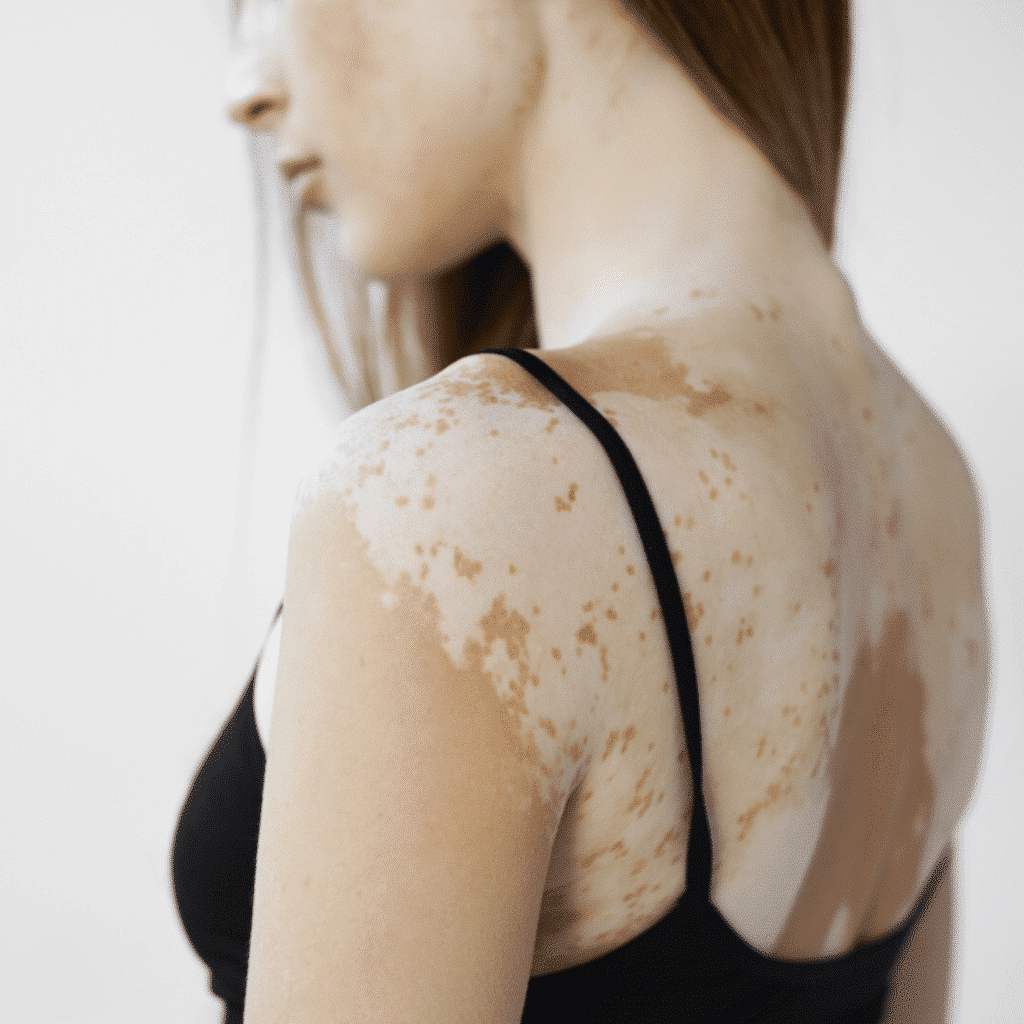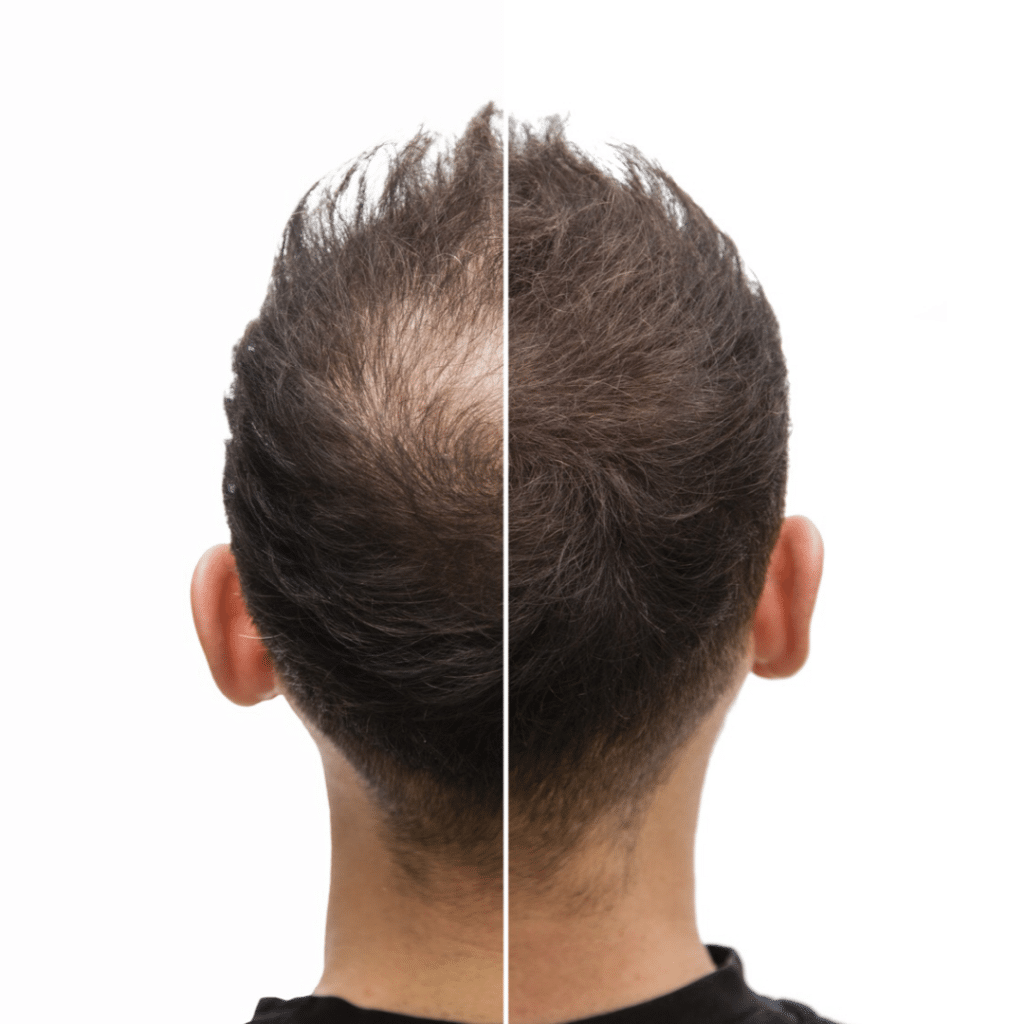Alopecia areata, atopic dermatitis and vitiligo are dermatological conditions that can be easily noticed on patients, which directly impacts their health, as well as lifestyle, negatively. Fortunately, a new promising cure could provide these patients with an effective treatment that can change their lives for the better.
Janus Kinase Inhibitors and Skin and Hair Conditions: Overview
The Yale School of Medicine in New Haven, Conn. is leader in the alopecia areata, atopic dermatitis and vitiligo treatment research. Board-certified dermatologist Brett King is on top of the research at the university, experimenting new methods to use a new class of drugs called Janus kinase inhibitors, also known as JAK inhibitors. Recent discoveries indicate that these medicaments can affect the immune

system’s reaction that triggers alopecia areata. Consequently, this research promises a potential treatment to hair loss, skin discoloration and red rash caused by alopecia areata, atopic dermatitis and vitiligo.
JAK Inhibitors and The Immune System
In further details, Dr. King explains that “while alopecia areata, atopic dermatitis and vitiligo may not seem alike on the surface, they are all fueled by the body’s immune system”. The assistant professor at Yale School of Medicine, MD, MPH and FAAD also states that “”JAK inhibitors seem to address immune system dysfunction in all three diseases.” Thus, Dr. King holds a strong belief that his class of medicines will reshape the dermatologists’ approach to this disease, by offering a new treatment to alopecia areata, atopic dermatitis and vitiligo’s patients.
JAK inhibitors are still relatively new. It has been only five years since this new class of drugs was approved by the U.S Food and Drug Administration as a treatment for rheumatoid arthritis and bone marrow conditions. While alopecia areata was successfully treated in mice by researchers at Columbia University, New York, Dr. King took JAK inhibitors’ role to a higher level by using this class of drug off label on a human patient with the same disease. Soon after the experiment lead to hair regrowth on the patient, Dr. King redirected his research towards patients with atopic dermatitis and vitiligo, witnessing a revolutionary potential treatment for the patients thanks to JAK inhibitors.
JAK Inhibitors: A Long Path Towards A Final Treatment
Although these research results are quite impressive, the JAK inhibitors are not yet approved by the FDA as a treatment for alopecia areata, atopic dermatitis and vitiligo hair and skin conditions. Dr. King declares that it is now the pharmaceutical companies’ mission to conduct the research on a larger scale through clinical trials, contributing to a more rapid evolution for atopic dermatitis and alopecia areata treatments research.
Finally, Dr. King asserts that “If JAK inhibitors are approved for dermatologic use, these medications would provide dermatologists with a powerful tool for treating multiple common diseases that have a profound negative impact on patients.” Additionally, Dr.King emphasized on the role JAK inhibitors to change the patients’ lives through innovative treatments of alopecia areata, atopic dermatitis and vitiligo conditions.

